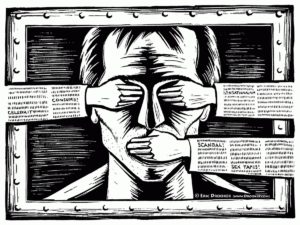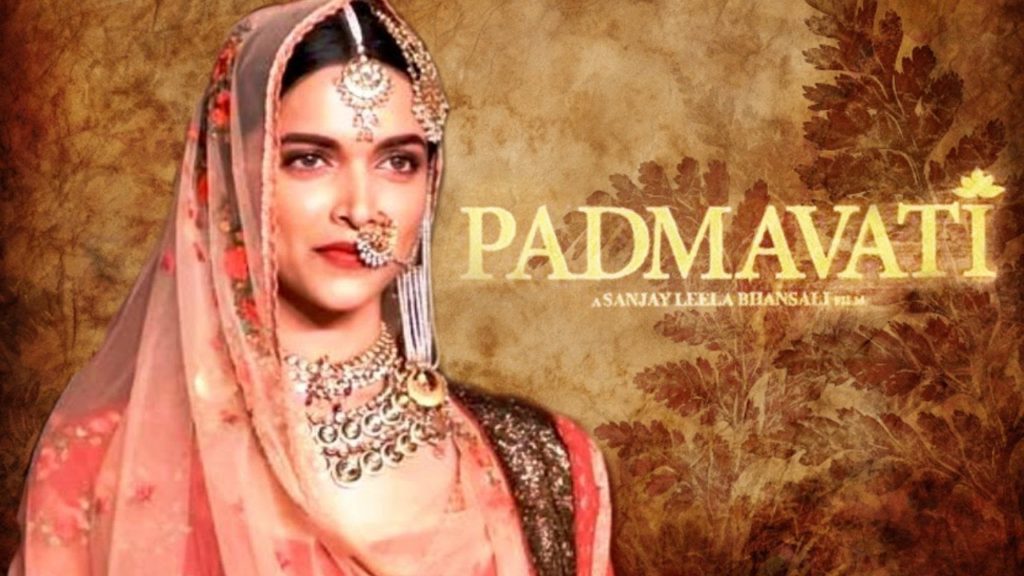Growing intolerance towards cinema’s reflection of the society
Indian cinema is going through a rather turbulent phase of radical ideological discord and what gets hurt in this interplay of social and political forces is the art of cinema – freedom of expression, rest in peace!
Cinema is the reflection of our society and just to clarify a few misconceptions, the opposite is not right at all. However, whether a film tries to make a social commentary or capture and celebrate a part of our glorious history, India has shown the rising level of intolerance on various occasions. The recent incident of assault on the director Sanjay Leela Bhansali might be another example of poor aptitude of the Indian audience to comprehend a piece of art. The national award-winning director known for his grand and poetic takes on history was attacked by activists of a Rajput
Bhanslali, the national award-winning director known for his grand and poetic takes on history was attacked by activists of a Rajput organisation, Shree Rajput Karni Sena last week while he was shooting his latest film ‘Padmavati’. The film revolves around the legendary character of Queen Padmini also known as Padmavati, who sacrificed her life to save her dignity at the wake of an attack on her kingdom, Chittorgarh by the Sultan of Delhi, Ala-ud-din Khilji in the early 14th century. The activists mishandled and misbehaved with Bhansali and his other crew members resulting in a complete chaos for some time and Bhansali had to pack-up for the day. The assaulters demanded the script of the film as they perceived that the director is notoriously distorted the history of their beloved queen. A row of reactions have followed since then, but it is very important to understand the intricacies of cases such as these. We don’t know the content of the film but we are ready to judge. Aren’t we compromising on democracy bigtime?
Salman Rushdie, while commenting on the freedom of expression for artists, had once said, “Many of us, persons of the tinted persuasion care about human rights and artistic freedom too.” It is true that there is no point in cribbing about a utopian society, however, there is definitely a major loophole in our democracy that comes in the way of artists every now and then.
India is partially democratic, to say the most. We have the right to vote; we believe we have fair elections; we have the right to move freely in the country; but why would a poet change his verse or a writer limit his imagination or a filmmaker change the name of his film, and that too protected by state laws?
Blame who?
A cinema is very much an audiovisual medium that depends a lot on violence and sex – the statement might be rhetorical in itself. We have laws to gauge the amount of violence, love and/or offensive speeches and there is obviously a point where there has to be a line drawn. But, how would one decide the borderline?
Honestly, it goes beyond the scope of the law and delves into the archaic ideological biases, vested political interests, and illiterate social forces. Imagine a film made, where a storm scene is depicted and shows trees in a garden being uprooted. Do you think there is a reason to be offended? Generally, no. But, imagine the certification board with Dr Jagadish Chandra Bose as one of the panel members. The man who told the world that trees had life, would have been terribly offended. Isn’t it? However, even logic fails in some of the cases where filmmakers are asked to change the name of their films or remove a certain dialogue because it might hurt the sentiment of some random minority. Without judging the merit of the film as a complete package of experiences, the radical provokers take the road to assault the creator. And most appalling, the state or the central government rules out the creative logic and seconds the anarchists in most of the cases. Is this a democracy?
There are archaic colonial laws such as sedition that still looms large on the country. Laws such as 153 (provoking riot) or 153A (promoting enmity between religions), 295 (intent to insult religion or place of worship) or even 505 (statements conducing to public mischief) are used wickedly against artists in the country. In many a conversation with cinema-lovers in India, who really care for independent expression of art, the overwhelming feeling I’ve got is that of despondency. There is an underlying resignation somewhere that makes these film buffs stop expecting anything better than the staple diet of made-for-the-popular-masses-and-judiciary that commercial cinema dishes out on a weekly basis. The paradox of democracy is the wrong is right when the majority endorses it, leaving next-to-no-room for relativity.
Generally, they are writers, poets, filmmakers, painters, and they don’t have the muscle power of thousands of people to stand against this ‘injustice’. They were probably more engaged with their forms of art when the flawed Indian judiciary and the intellect-deficient social majority were busy conniving against their creations. Add to it the rise of radical political ideologies and religious intolerance, the culture of art as a medium of abstract expression is losing ground. What could be sadder than seeing the state of art in a democracy being relegated to propaganda mostly-seen only under the martial laws?











